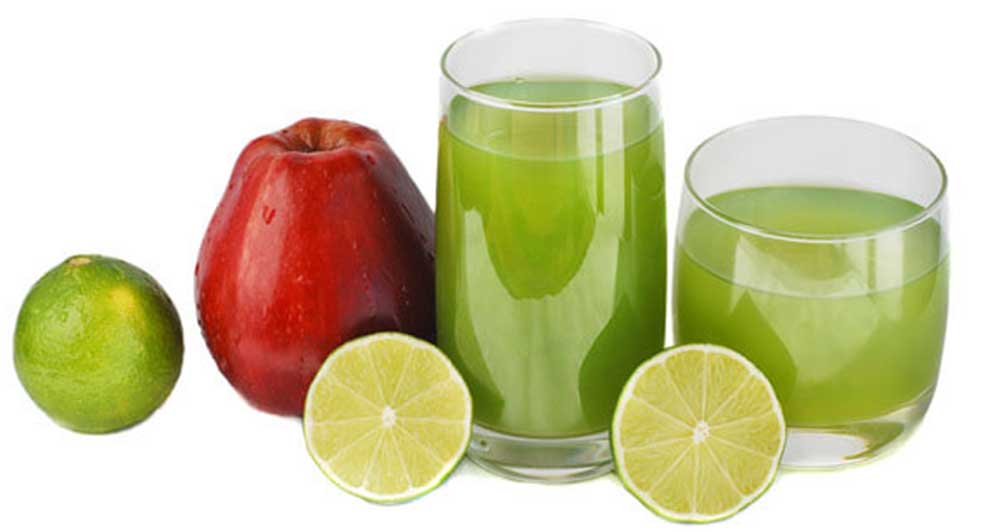Lotus juice has been gaining popularity worldwide for its unique taste and numerous health benefits. This natural beverage, derived from the lotus plant, is not only refreshing but also packed with essential nutrients that promote overall well-being. Whether you're a health enthusiast or simply curious about alternative drinks, lotus juice might just become your next favorite.
Lotus juice is more than just a trendy drink; it carries centuries of cultural significance and medicinal properties. From ancient Asian traditions to modern wellness practices, the lotus plant has been celebrated for its healing powers. In this article, we will explore the fascinating world of lotus juice, uncovering its origins, nutritional value, and how it can benefit your health.
Join us as we delve into the science behind lotus juice, its preparation methods, and its growing popularity in today's health-conscious society. By the end of this article, you'll have a thorough understanding of why lotus juice is becoming a staple in many households.
Read also:Zach Cherry Rising Star In The Entertainment Industry
Table of Contents
- The History and Origin of Lotus Juice
- Nutritional Profile of Lotus Juice
- Health Benefits of Drinking Lotus Juice
- How to Prepare Lotus Juice at Home
- Delicious Variations of Lotus Juice
- Lotus Juice in the Global Market
- Scientific Studies on Lotus Juice
- Tips for Buying and Storing Lotus Juice
- Creative Recipes Using Lotus Juice
- Frequently Asked Questions About Lotus Juice
The History and Origin of Lotus Juice
Where Does Lotus Juice Come From?
The history of lotus juice dates back thousands of years, originating in ancient Asian civilizations. The lotus plant, scientifically known as Nelumbo nucifera, has been revered for its beauty and spiritual symbolism in cultures such as India, China, and Egypt. In traditional medicine, various parts of the lotus plant, including its seeds, leaves, and rhizomes, have been used to create tonics and remedies.
Lotus juice itself is derived primarily from the rhizome or stem of the plant, which is rich in vitamins, minerals, and antioxidants. Historically, it was consumed as a natural remedy for ailments ranging from digestive issues to skin conditions. Over time, the practice of making lotus juice spread across Asia and eventually reached other parts of the world.
Why Is Lotus Juice Important Culturally?
Lotus juice holds cultural significance in many societies. In Hinduism and Buddhism, the lotus flower symbolizes purity, enlightenment, and rebirth. This spiritual connection has contributed to its prominence in traditional healing practices. Additionally, lotus juice is often consumed during festivals and ceremonies, further cementing its role in cultural traditions.
Nutritional Profile of Lotus Juice
Lotus juice is not only delicious but also incredibly nutritious. It is packed with essential vitamins, minerals, and antioxidants that support overall health. Below is a breakdown of the key nutrients found in lotus juice:
- Vitamin C: Boosts immunity and supports skin health.
- Potassium: Regulates blood pressure and supports heart health.
- Manganese: Plays a role in bone development and metabolism.
- Antioxidants: Protects cells from damage caused by free radicals.
Regular consumption of lotus juice can provide a wide range of health benefits, making it an excellent addition to a balanced diet.
Health Benefits of Drinking Lotus Juice
Supports Digestive Health
Lotus juice is known for its ability to aid digestion. The fiber content in the juice helps promote regular bowel movements and prevent constipation. Additionally, it contains compounds that soothe the stomach lining, making it beneficial for individuals with digestive issues.
Read also:Eliza H Huberdeau The Rising Star In The Entertainment Industry
Boosts Immune System
Rich in vitamin C and antioxidants, lotus juice strengthens the immune system and protects the body from infections and diseases. Regular consumption can help reduce the frequency and severity of illnesses such as the common cold and flu.
Promotes Heart Health
The potassium content in lotus juice helps regulate blood pressure levels, reducing the risk of heart disease. It also supports cardiovascular health by improving circulation and reducing cholesterol levels.
How to Prepare Lotus Juice at Home
Preparing lotus juice at home is simple and can be done with just a few ingredients. Follow these steps to make your own fresh lotus juice:
- Peel and clean the lotus rhizome thoroughly.
- Grate or chop the rhizome into small pieces.
- Blend the chopped rhizome with water in a blender until smooth.
- Strain the mixture through a fine mesh sieve to remove any solids.
- Sweeten with honey or sugar if desired and serve chilled.
This homemade lotus juice is not only cost-effective but also ensures you are consuming a pure, unadulterated product.
Delicious Variations of Lotus Juice
Additions to Enhance Flavor
While plain lotus juice is refreshing, you can experiment with different flavors to suit your taste. Popular variations include:
- Lotus and ginger juice for a spicy kick.
- Lotus and lemon juice for a tangy twist.
- Lotus and mint juice for a cooling effect.
These variations not only enhance the flavor profile but also provide additional health benefits.
Lotus Juice in the Global Market
The global demand for lotus juice has been steadily increasing, driven by growing consumer interest in natural and healthy beverages. According to a report by Market Research Future, the global herbal beverages market is expected to grow at a CAGR of 6.8% from 2021 to 2028. Lotus juice, with its unique taste and health benefits, is poised to capture a significant share of this market.
Major players in the industry are investing in research and development to create innovative lotus juice products. These include flavored variants, ready-to-drink options, and organic formulations. As awareness about the benefits of lotus juice spreads, its popularity is likely to soar even further.
Scientific Studies on Lotus Juice
Several scientific studies have been conducted to explore the health benefits of lotus juice. A study published in the journal "Food Chemistry" found that lotus rhizome extract exhibited strong antioxidant properties, which can help protect cells from oxidative stress. Another study in the "Journal of Ethnopharmacology" highlighted the anti-inflammatory effects of lotus juice, making it beneficial for conditions such as arthritis.
These studies provide evidence supporting the traditional uses of lotus juice and reinforce its role as a functional beverage in modern times.
Tips for Buying and Storing Lotus Juice
Choosing Quality Products
When buying lotus juice, look for products that are made from fresh, organic ingredients. Avoid juices with added preservatives or artificial sweeteners, as these can diminish the health benefits. Reading labels carefully and choosing reputable brands can ensure you are purchasing a high-quality product.
Proper Storage
Lotus juice should be stored in a cool, dry place away from direct sunlight. If purchasing pre-packaged juice, always check the expiration date and refrigerate after opening. Homemade lotus juice can be stored in the refrigerator for up to three days, ensuring freshness and optimal taste.
Creative Recipes Using Lotus Juice
Beyond drinking it plain, lotus juice can be incorporated into various recipes to add flavor and nutrition. Here are a few ideas:
- Lotus Smoothie Bowl: Blend lotus juice with frozen fruits and top with nuts and seeds.
- Lotus Tea: Mix lotus juice with green tea for a refreshing and healthy beverage.
- Lotus Salad Dressing: Combine lotus juice with olive oil, vinegar, and herbs for a tangy dressing.
These recipes showcase the versatility of lotus juice and encourage creative experimentation in the kitchen.
Frequently Asked Questions About Lotus Juice
Is Lotus Juice Safe for Everyone?
Lotus juice is generally safe for most people when consumed in moderation. However, individuals with allergies to plants in the water lily family should avoid it. Additionally, pregnant or breastfeeding women should consult their healthcare provider before consuming lotus juice.
How Much Lotus Juice Should I Drink Daily?
It is recommended to drink one to two glasses of lotus juice daily to reap its health benefits. Excessive consumption may lead to digestive discomfort, so moderation is key.
Can Lotus Juice Help with Weight Loss?
Lotus juice can be a helpful addition to a weight loss regimen due to its low calorie content and ability to boost metabolism. However, it should be consumed as part of a balanced diet and exercise routine for best results.
Conclusion
Lotus juice is a remarkable beverage that combines taste, tradition, and health benefits. From its rich history to its impressive nutritional profile, this natural drink offers something for everyone. Whether you prefer it plain or mixed into creative recipes, lotus juice is a refreshing and healthy choice.
We encourage you to try making lotus juice at home and exploring its many variations. Share your experiences and favorite recipes in the comments below, and don't forget to check out our other articles for more health and wellness tips. Together, let's embrace the power of nature in our daily lives!


